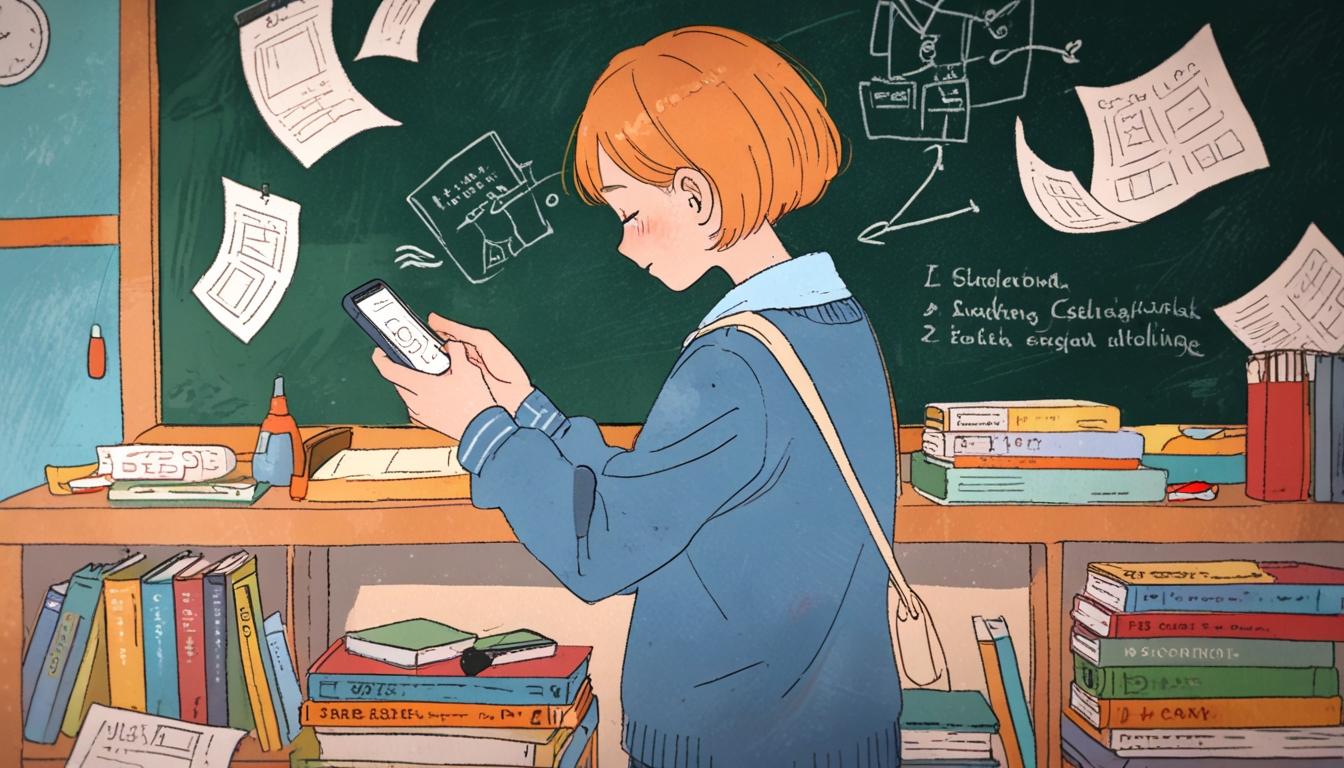A children's rights campaigner has raised concerns regarding the government's strong advocacy for integrating technology into educational settings, emphasising potential risks to student welfare and educational outcomes. Filmmaker and crossbench peer, Baroness Kidron, voiced her apprehensions in Parliament, asserting that pupils are increasingly immersed in digital technologies that prioritise screen time over interpersonal interaction, without sufficient evidence supporting such approaches.
Baroness Kidron, a prominent advocate for children's online safety, expressed her support for a statutory prohibition on smartphones in schools. She contended that legally binding measures would alleviate the pressures currently faced by educators, who are navigating the complexities of existing non-statutory guidance issued in February last year. This guidance aimed to discourage smartphone use during school hours but has not been universally adopted.
Speaking to colleagues during a debate on the Children’s Wellbeing and Schools Bill, Baroness Kidron remarked, “One of the easiest and cheapest things we could do is give them a break from the well-documented intrusions of digital tech whilst at school.” She continued, citing forthcoming evidence suggesting that restrictions on smartphone use contribute positively not only to educational settings but also enhance social cohesion among students. Her assertion highlights a growing body of research indicating that limiting digital distractions can foster a healthier school environment.
She further commented on the government’s enthusiastic promotion of educational technology, known as EdTech, suggesting that while it may offer advantages for students with disabilities, there is little empirical support for its efficacy among the wider student population. “There is no oversight, no pedagogical criteria, no understanding of its efficacy, no proof of learning outcomes,” Lady Kidron stated. She emphasised the need for schools to ensure privacy, safety, and effective learning, cautioning against unregulated technology that may compromise student data and educational opportunities.
In the discussions, Tory frontbencher the Earl of Effingham echoed similar sentiments, criticising the absence of a smartphone ban in the proposed legislation. He noted that only 11% of schools have implemented effective restrictions on smartphone usage despite evidence linking their removal to improved mental health and academic performance. He advocated for a cautious approach concerning children's mental health, underscoring the need for a more decisive stance from the government.
The Earl of Effingham also expressed concern regarding proposed amendments to the operational freedoms of academy schools, which he argued could reverse significant advancements made over the past two decades. He posited that academies have played a pivotal role in fostering educational innovation and addressing challenges in underperforming schools.
Introducing the Bill, Education Minister Baroness Smith of Malvern characterised it as a "charter of common sense," aimed at guaranteeing quality education across all schools, irrespective of location. She articulated the Bill's objectives to dismantle systemic barriers that impede children's success, presenting an opportunity to create a more equitable educational environment conducive to the flourishing of all students.
The discourse surrounding youth welfare, digital technology in education, and the governance of schools continues to evolve, reflecting differing perspectives among policymakers and educators. As debates ensue, the implications of these discussions on students' futures remain to be seen.
Source: Noah Wire Services
